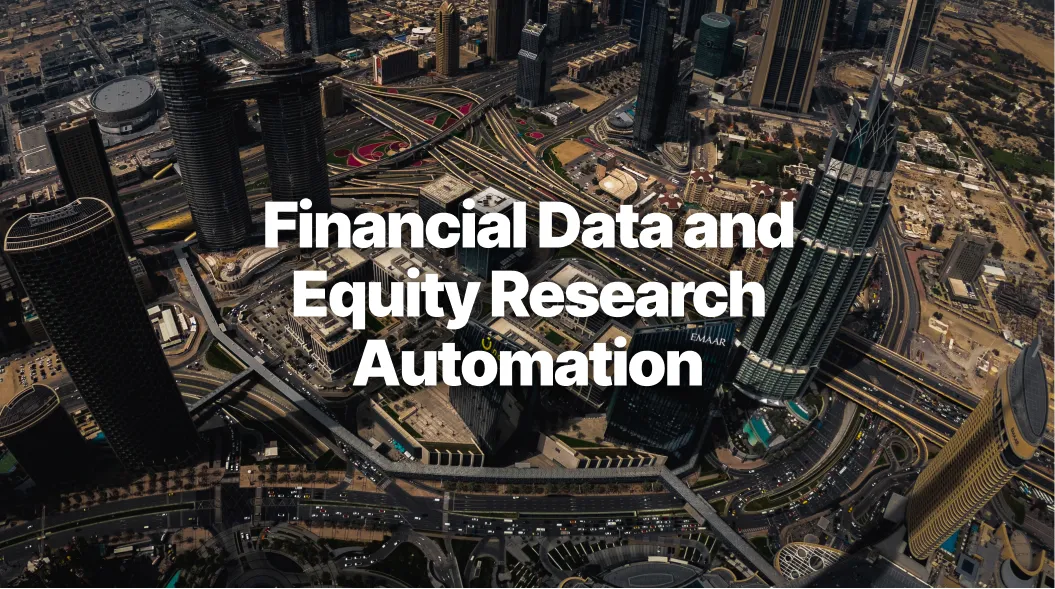According to Optimas, financial firms are most likely to spend more than $1.5 billion on AI Technologies, excluding investments in AI start-ups and acquisitions, in 2017 and $2.8 billion by 2021.
In this era of Big Data, obtaining accurate, precise, and timely data from more than one billion websites for informed decision making is a huge challenge. The superior technology should undertake the following functions:
Predictive Trend Analysis:
The technology should keep up with research demands and provide automated predictive trend analysis data that plays a major role in purchasing and selling decisions.
Data collection amidst competition:
In this world where it’s survival of the fittest, comes not without competition and hence productivity needs to be increased multifold with the increased workload, and provide accurate information amidst competitive websites. It also makes employees research-oriented.
Secured data:
The technology should minimize risks and secure sensitive data to third party providers and vendors.
In cognizance to the aforementioned points, Smart Dubai conducted the Gulf Information Technology Exhibition (GITEX) week 2018, where the Dubai Data Establishment identifies, prioritizes, classifies, extracts data across government platforms, and shares them across Dubai Pulse, the digital backbone of Dubai. Publishing and exchanging of data was the main component of digital wealth and regulated by the Supreme legislation committee. These datasets help in making smart decisions and spurring data economy with data policies.
Dubai Pulse enables the residents and entrepreneurs to access Dubai’s data-on business and development (Department of Dubai Economic Development), economics and finance (Dubai Chamber, Dubai customs), view data on city flow, property development projects, property buildings distribution and provides deployment environment DevZone with cloud enterprises including Platform as a Service (PaaS), infrastructure, and API Packages. It shares up-to-date information on both public and private sectors with city metrics.
According to a special report published by Dubai Data last year, the opening and sharing of government and private-sector data will potentially add a total of AED10.4 billion Gross Value Added (GVA) impact to Dubai’s economy annually by 2021. Opening government data alone will result in a GVA impact of AED 6.6 billion annually as of 2021.
Subscribe to our newsletter
Get the latest updates from our team delivered directly to your inbox.
Related Posts
3 Genius ways to use RPA in your organization
RPA can help your organization handle data 10x times better. Read to explore the different ways.
9 Key Business Benefits of RPA
RPA, the next evolution of business operations provides huge benefits to enterprises by automating their manual and repetitive tasks, enabling humans to work on creative and logical tasks
A Guide to Extracting Multiple Tables from Web Page with UiPath
Data scraping is transforming the world with its applications. Digital businesses, Marketing and researchers are highly benefited by data scarping. Here is how to extract multiple tables from single webpage using Uipath.
